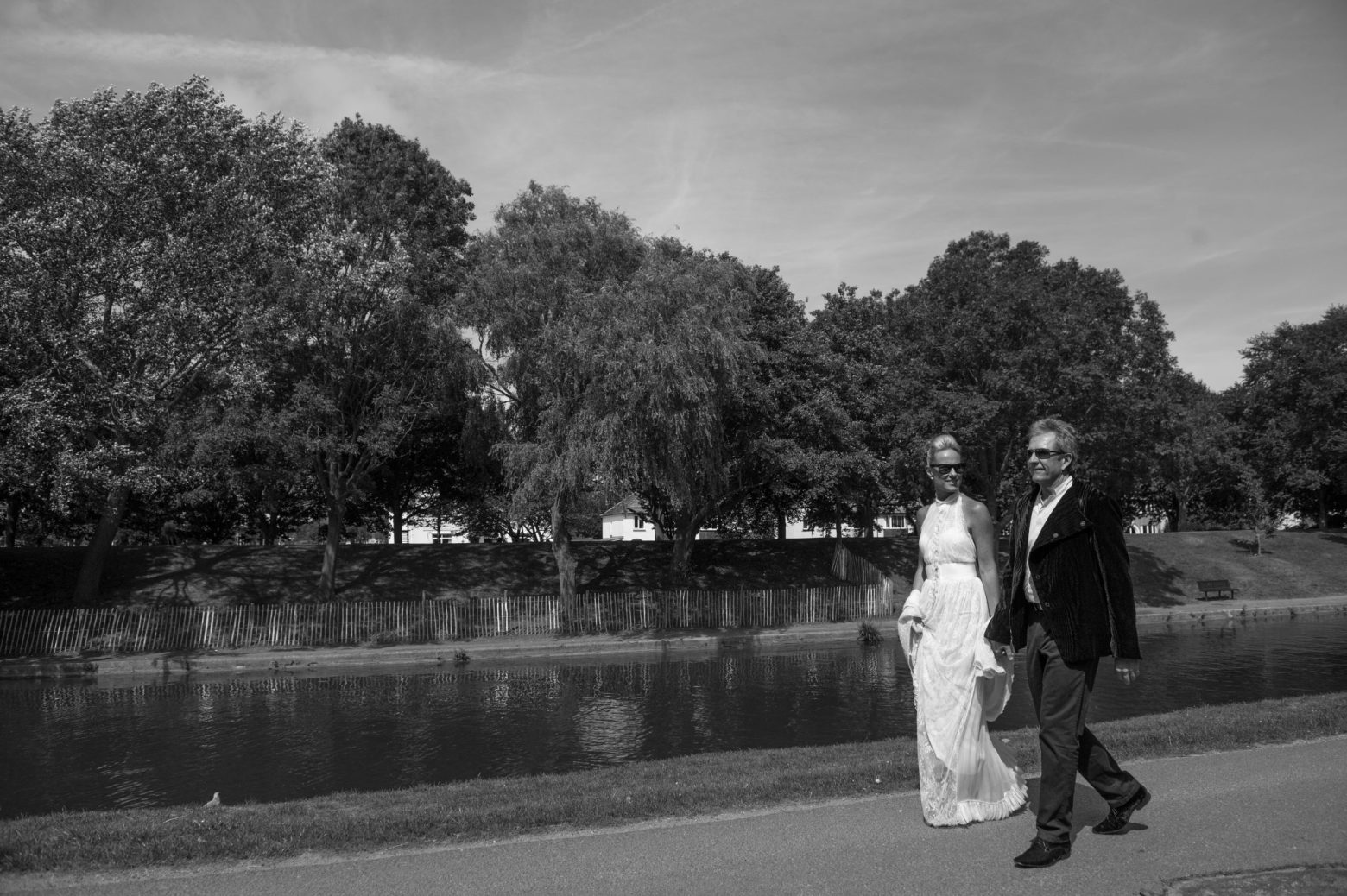
In the journey of relationships, understanding the laws of attraction and taking agency in our outcomes can be both enlightening and transformative. As a psychotherapist and counsellor, I've witnessed the nuances of these dynamics first-hand, helping clients navigate the often complex terrain of love, commitment, and personal growth.
So, What Does Change Look Like in a Relationship?
Change in a relationship can take many forms. Recently, I've had several clients struggling with the idea of asking their partners to change. The core question they grapple with is, "Can I live with this person as they are, or am I compromising myself and my authenticity for the sake of keeping the relationship together?" This question becomes even more complex when children are involved. Do you stay together for the children's sake, or do you leave to avoid teaching them unhealthy relationship habits? The answers are as varied as the people asking them—there's no one-size-fits-all solution.
Knowing Yourself First
One essential point I emphasise is that both partners need to know themselves to determine if they are good for each other. I recently told a client, "If two people are motivated to stay together, they each need to understand who they are." Without this self-awareness, it's challenging to establish if your partner is a good fit for you. Self-discovery is a vital part of any relationship, and it requires time and effort to understand your own needs, values, and boundaries.
The Nature of Change
Change is the mechanism for growth in any relationship. While fundamental aspects of who we are—our character, disposition, tolerances, cultural influences, history, and upbringing—remain relatively stable, we can still choose how we react, behave, or feel towards our partner. Learning the art of adaptation is crucial for navigating conflicts and finding a pathway forward, provided both parties are motivated to stay together.
A Real-Life Example
Consider a couple I worked with recently. Let's call them John and Sarah. John was very set in his ways, preferring a structured routine, while Sarah was more spontaneous and free-spirited. Their differing approaches to life often led to conflicts. They came to me, each feeling misunderstood and unappreciated. Through our sessions, we worked on self-awareness and communication. John realised that his need for routine stemmed from a sense of security rooted in his upbringing, while Sarah's spontaneity was her way of expressing freedom and joy, values she held dear from her childhood.
By understanding these core aspects of themselves, they learnt to appreciate each other's perspectives. John started to see Sarah's spontaneity not as chaos, but as a source of excitement and creativity that could enrich their lives. Sarah, in turn, began to understand that John's routines provided a stable foundation that allowed their family to thrive. They didn't fundamentally change who they were but adapted their behaviours and reactions to support each other better.
The Challenge of Adaptation
I won't say it is easy. It takes guts, determination, and honesty. Sometimes, the hard truth can be hurtful. Both individuals must look closely at themselves to see a pathway forward. This process involves confronting personal insecurities, acknowledging areas for growth, and being willing to compromise without losing one's authenticity.
For instance, another client of mine, let's call her Maria, struggled with her husband's emotional distance. She felt lonely and unimportant. Through our work, Maria discovered that her husband, James, had been raised in an environment where expressing emotions was discouraged. Understanding this, Maria approached their conversations with more empathy, encouraging James to share his feelings gradually. James, recognising Maria's need for emotional connection, made conscious efforts to open up. Their relationship improved significantly as they adapted to meet each other's emotional needs.
The Power of Mutual Commitment
At the core of successful relationships is the mutual desire to stay together and a deep love for each other. When both partners are committed, they have the capacity, with strategies and support, to adapt and find a win-win situation in their union.
Think of it like two people navigating a dance. Each has their own rhythm and steps, but to dance together gracefully, they need to synchronise their movements. This doesn't mean one person completely changes their dance; instead, they adjust their steps to complement their partner's. This mutual adaptation creates harmony and a stronger connection.
Final Thoughts
Taking agency in your relationship outcomes means embracing the power of change and adaptation while staying true to yourself. It's about understanding who you are, what you need, and how you can support your partner in their journey. With the right mindset and tools, change doesn't have to be daunting—it can be the very thing that strengthens your bond and brings you closer together.
Remember, relationships are a continuous journey of growth and adaptation. If both partners are willing to put in the effort, the rewards can be profoundly fulfilling. As a psychotherapist, I've seen countless couples transform their relationships by taking agency and embracing the laws of attraction. With commitment, self-awareness, and a willingness to adapt, you too can create a relationship that thrives on mutual respect, love, and understanding.
